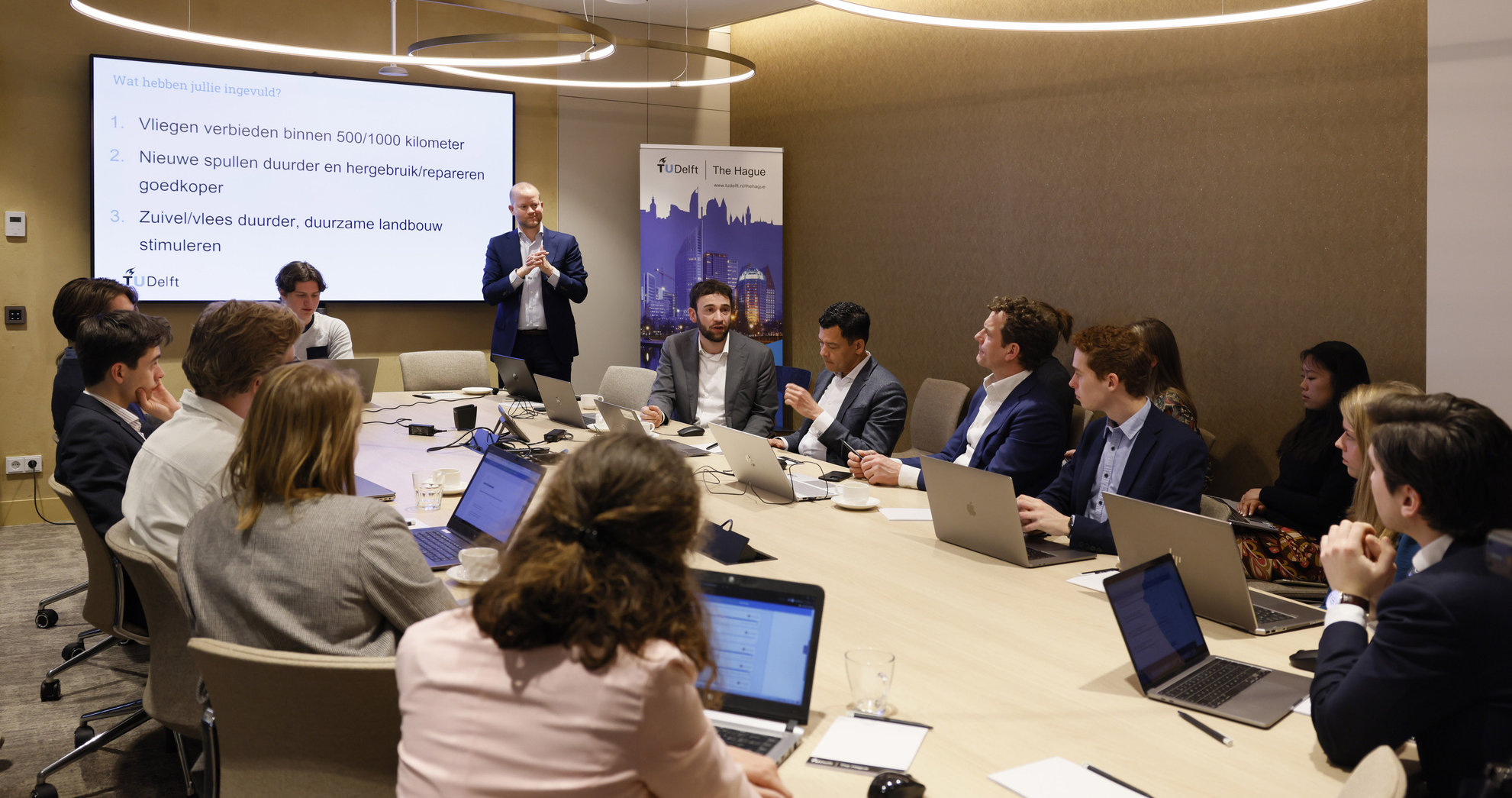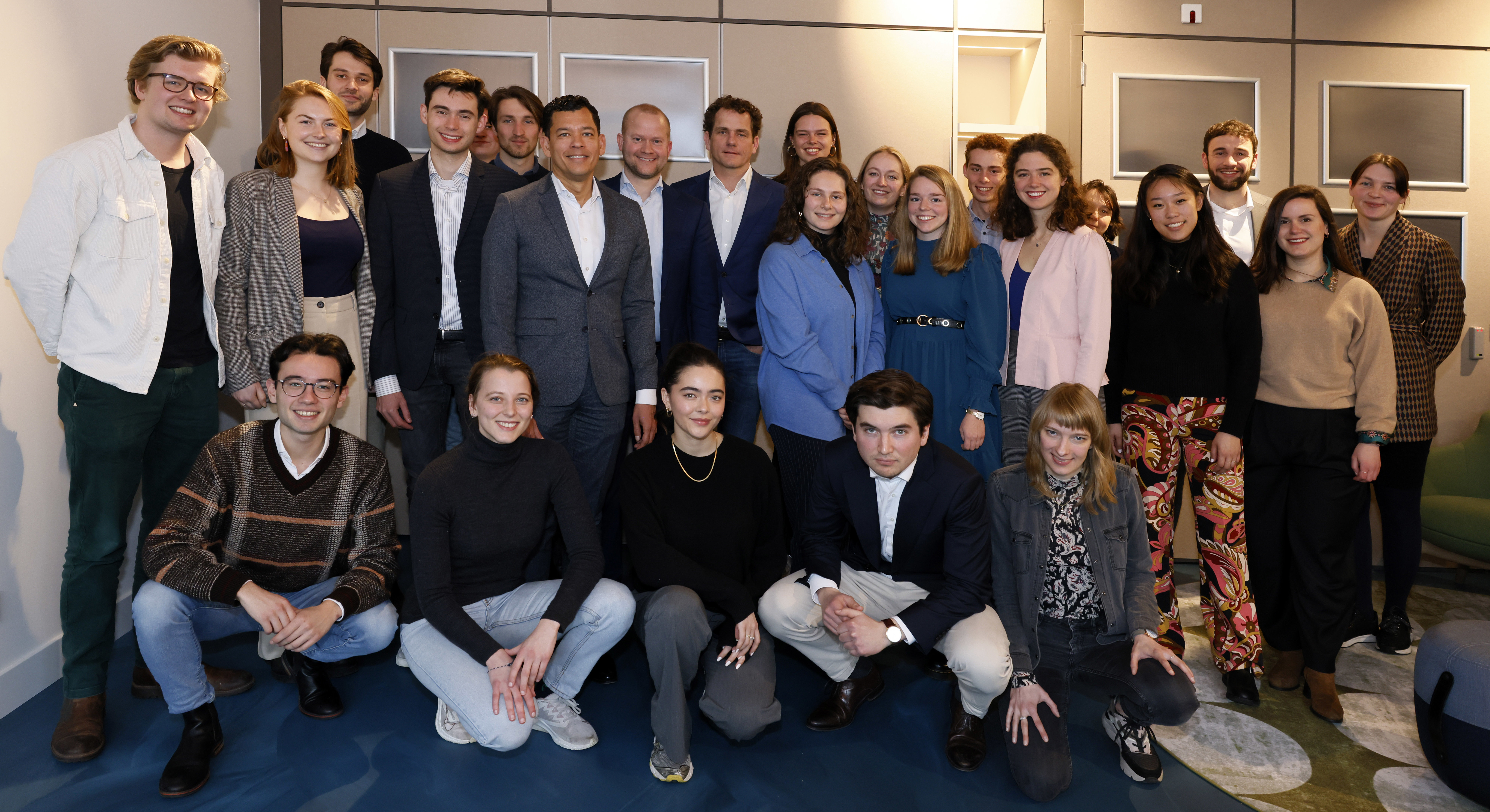What does Dutch society think about Dutch climate policy?
From March 9, 2023 to April 21, 2023, all Dutch citizens can advise politicians on climate policy through the National Climate Consultation. Through the so-called Participatory Value Assessment (PWE in Dutch), researchers will enable Dutch citizens to provide the House of Representatives with advice. Should the Netherlands buy hydrogen from abroad? Or instead build small nuclear power plants here? Would we rather ban short flights and improve international rail travel? Or make newly made stuff more expensive and repaired stuff cheaper?
Engaging broad society
Climate change always leads to new choices and dilemmas. For example, because we can use less fossil energy and the energy system must change, and because we must consume more sustainably. The choices now being made by politicians have consequences for everyone living and working in the Netherlands. That is why the House of Representatives would like to get advice from many different citizens through these national consultations sessions. Commissioned by the House of Representatives, TU Delft and Populytics developed a national consultation to give all Dutch citizens the opportunity to provide politicians with their advice. Members of Parliament Raoul Boucke, Joris Thijssen and Silvio Erkens helped design this consultation.
Energy supply of the future
In the 2023 National Climate Consultation, the Dutch can take a seat on one of the blue chairs in the House of Representatives, so to speak. The 2023 Climate Consultation is about two topics. First, about choices the House of Representatives has to make about the energy supply of the future. Are we going to build nuclear power plants, or are we going to use biomass? Are we going to store CO2 and hydrogen in many places around the country? And how will we heat our homes in the future? For each choice the participants get information about how dependent the Netherlands is on other countries for our energy and what the costs are for society.
Distribution of present and future generations
Besides energy supply, the consultation is about what is a fair distribution between current and future generations. To support our current lifestyle, we need seven times the surface of the Netherlands every year. Will the Dutch and the rest of the world's population continue to act like this for too long? Then the earth will be depleted and there will be too little or nothing left for people in the future. Should the House of Representatives take stricter measures such as making choices which contribute to pollution more expensive? For example, by making meat and dairy more expensive. Or should the government ban choices that pollute the environment? For example, flying within 500 kilometres. What stricter measures should the House of Representatives take to ensure that the earth remains a place where people can live in the future? Participants are given ample opportunity to motivate and nuance their choices. This provides a clear picture of their values, concerns and the opportunities they see.
Method developed by Dutch scientists
The climate consultation is conducted on the basis of the innovative, scientific method Participatory Value Evaluation (PWE in Dutch). This method was developed by scientists from TU Delft and others. This is the first time that the House of Representatives has commissioned a PWE consultation and it is also the first time that Parliament members have contributed to the design of the consultation. The method is now also being used in Peru and Norway to involve citizens in energy policy.
More information and contact
How to participate: www.klimaatraadpleging.nl
For more information about the PWE method: www.tudelft.nl/pwe
TU Delft researcher: Niek Mouter, n.mouter@tudelft.nl, 06-23581315
TU Delft press officer: Inge Snijder, i.snijder@tudelft.nl, 0614759517

